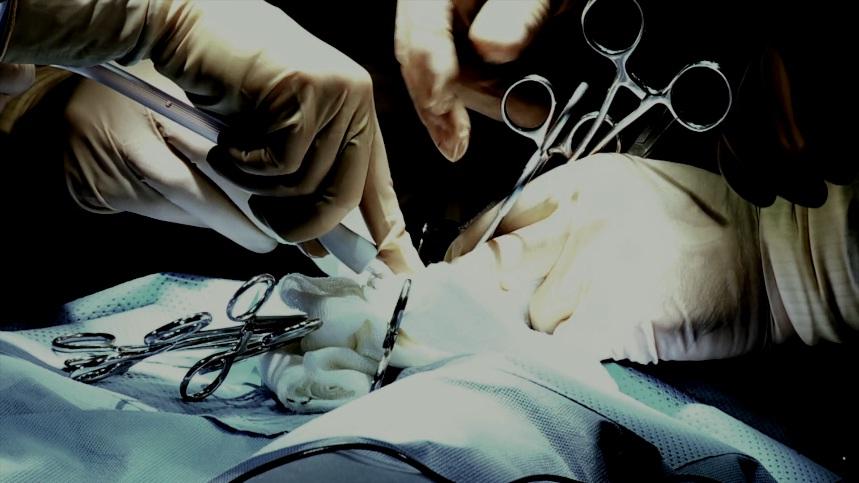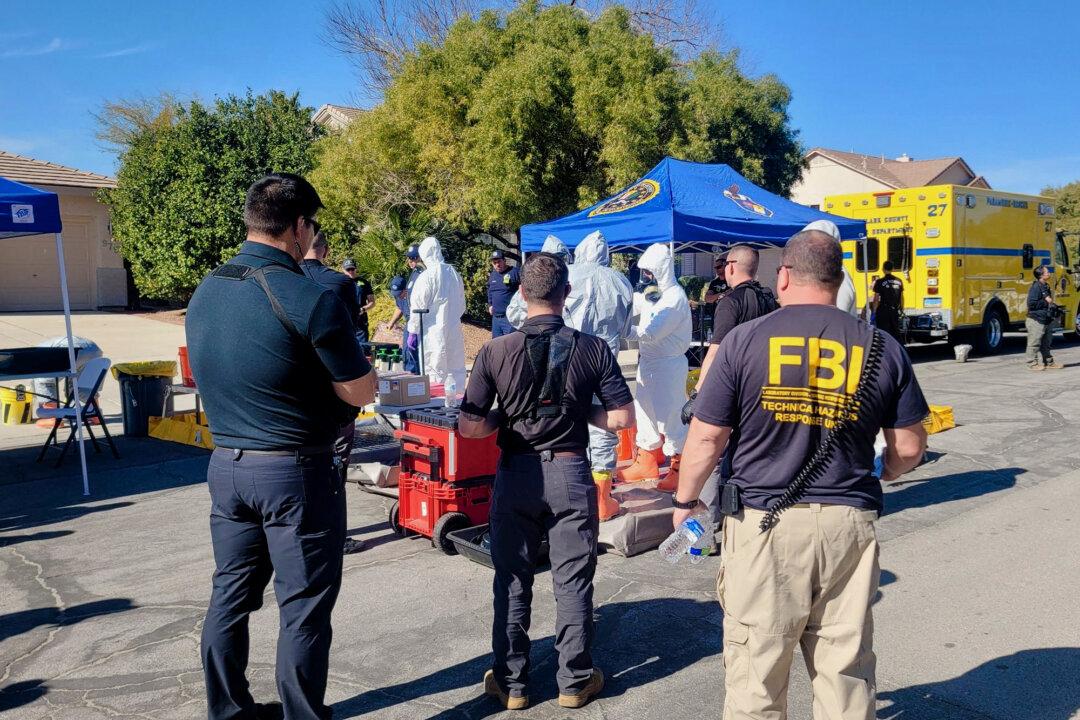Sky TV aired a report last week that confirms important claims Epoch Times has made in its own investigations into organ harvesting in China.
This report verifies that:
- organs for transplantation are very plentiful in China;
- they are available on demand;
- the organs are supplied from prisoners;
- the prisoners are killed after they are found to match a patient who is awaiting a donor organ.
Reporter Dominic Waghorn and at least one other staff member from Sky TV visited the Orient Organ Transplantation Center in Beijing with a hidden camera, posing as someone whose father needed a liver.
Waghorn begins his report by noting that in China, unlike the West, there is “a seemingly endless supply of livers…the reasons why are deeply sinister.”
The nurse who welcomes him at the hospital cheerfully explains that their hospital can get organs “the fastest” because it has the “ best connections.” Waghorn explains the hospital publicly admits its links to China’s paramilitary police.
Organs on Demand
Waghorn’s organ transplant consultant, Dr. Zhu, explains that the hospital would have no trouble finding a donor. According to Waghorn, he openly admits that the hospital transplants organs harvested from executed prisoners.
Dr. Zhu tells Waghorn, “We will notify your father in advance that we have the donor. We will give him one or two weeks notice.”
In other words, Dr. Zhu is explaining that the hospital will find a living donor, arrange for the patient’s surgery, and once the surgery is scheduled, then arrange for the prisoner’s execution at the appointed time.
In an interview with Epoch Times Dr. Pang Yubin, a former researcher at the U.S. National Institutes of Health, explained why it must be that the prisoner who matches the patient would be executed to supply the patient requiring an organ.
“I call it ‘opposite matching.’ Why is that? A patient will present with a certain need and in a few days a matching organ is found. As I said earlier, the chance of a match is around one percent. That is, only if there are one hundred live donors there waiting, could this match be possible so quickly...
“For this to occur there must be a huge organ bank. Let us talk in medical terms what organ bank means. In reality, it means that there is a large population of people classed as donors, any one of whom, if they are deemed a match with a potential recipient, would have their organs taken out...”
Waghorn himself reports that the hospital offers livers “on demand.” A conversation with a patient from New York who has had a liver transplant is shown. A translated voice-over says, “We waited ten days” for a liver.
Epoch Times Reporting on Organ Harvesting
Epoch Times broke the story on March 9 that organs were being harvested from living Falun Gong practitioners at a place called Sujiatun. Subsequent investigation showed that hospitals and transplant centers all over China admitted harvesting organs from living Falun Gong practitioners, even while the facility at Sujiatun transferred out all imprisoned practitioners and disposed of evidence of the organ harvesting.
While the West has known since the early 1990s of the Chinese regime taking organs from executed prisoners, the huge growth in the organ transplant industry in China took place after the persecution of Falun Gong began in 1999.
Waghorn’s report does not raise the issue of Falun Gong practitioners being the primary source of organs harvested in China today or the issue of prisoners having their organs taken from them while still alive.
Waghorn does report that organ transplants for foreigners are helping to fund “a boom” in medicine in China. He notes that at the Orient Organ Transplantation Center foreigners pay 30,000 pounds (approximately US$53,000) for a liver transplant.





